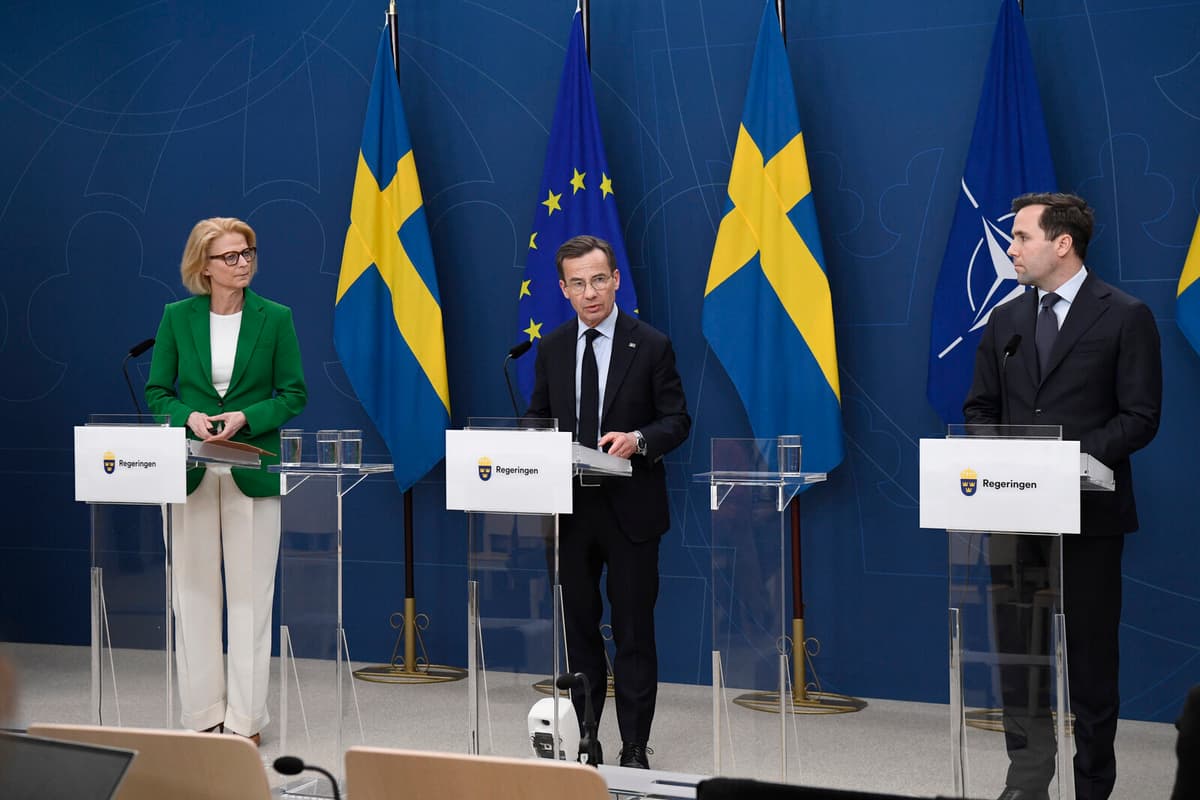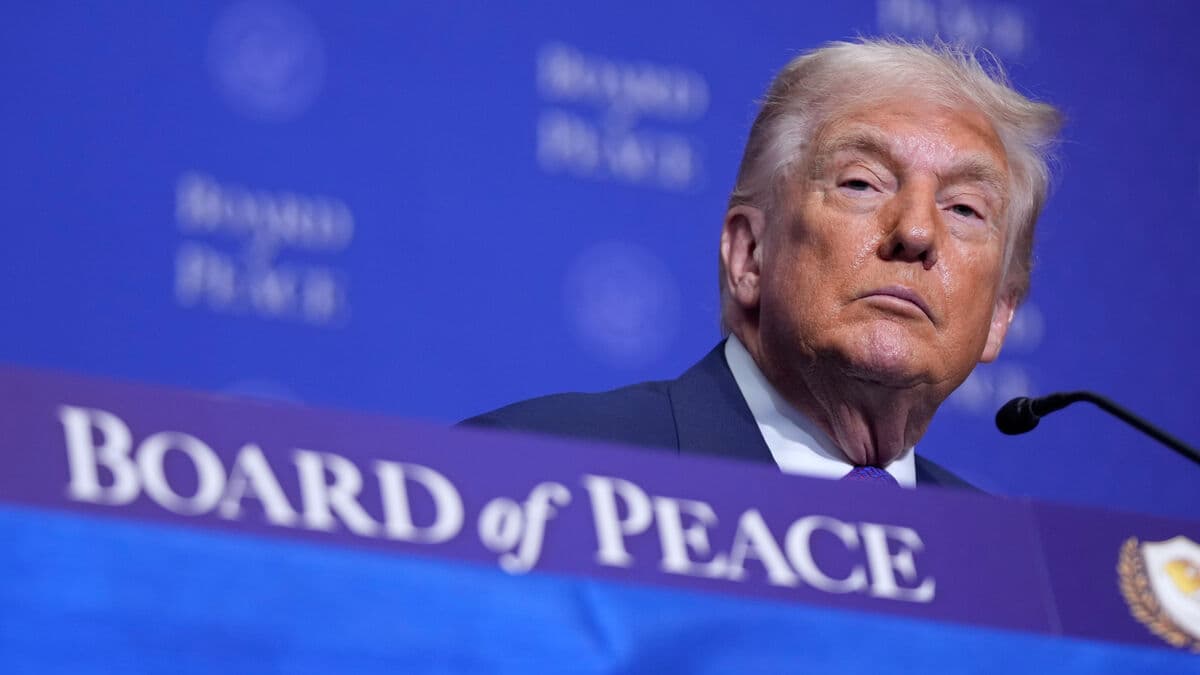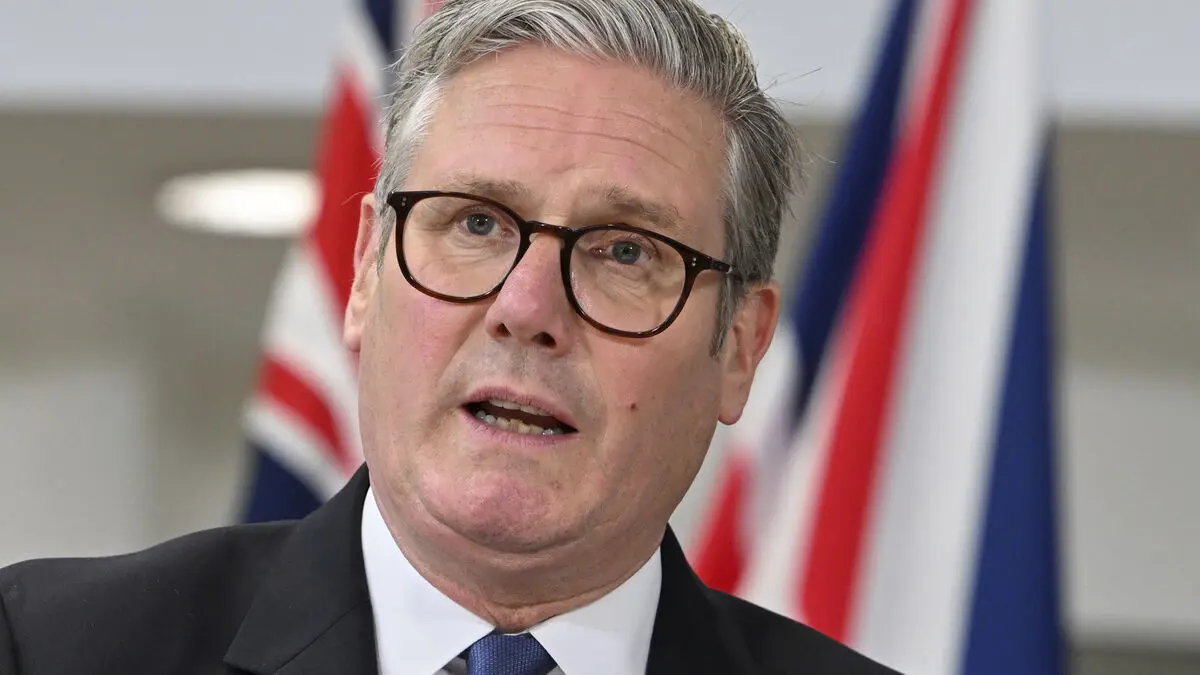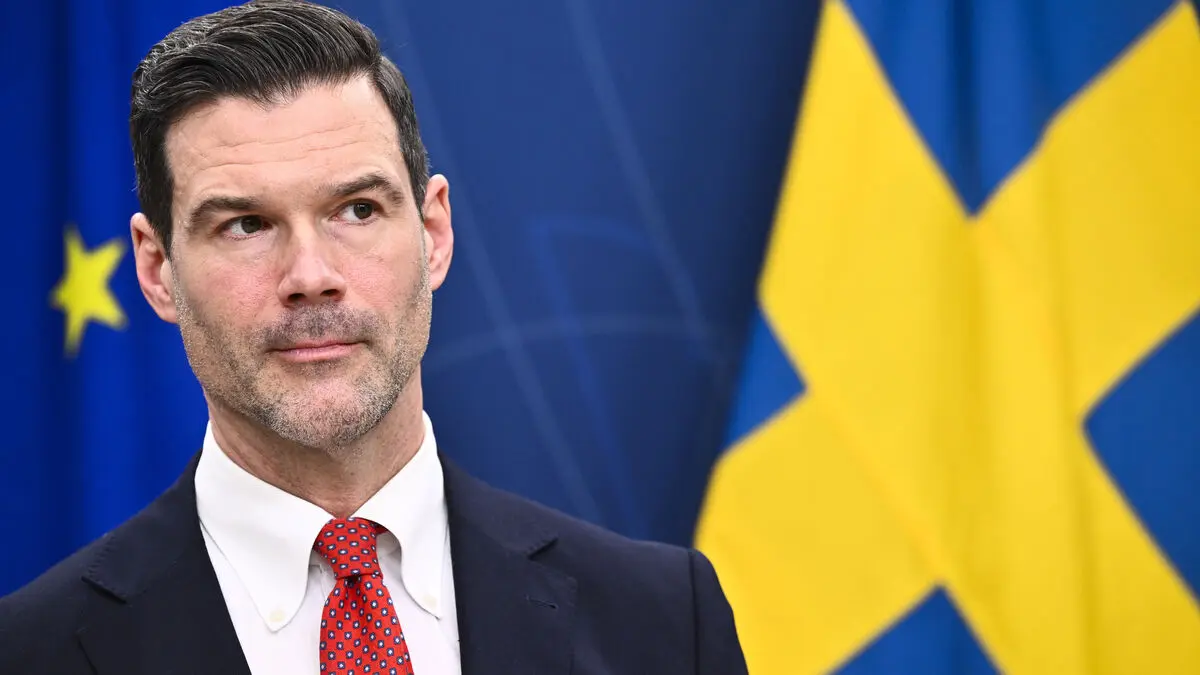Prime Minister Ulf Kristersson (M), Finance Minister Elisabeth Svantesson (M) and Trade Minister Benjamin Dousa (M) hold a press conference on the US's raised tariffs.
Bad but not unexpected, says Kristersson about Donald Trump's tariff decision and adds:
Yesterday's message is likely to be more harmful than many expected.
Fighting for Free Trade
Ulf Kristersson states that Sweden will continue to fight for free trade "every day", internationally and within the EU system.
Our goal is not more trade barriers, not trade wars but to resolve this through negotiations, says the Prime Minister.
The government will invite business organizations and trade unions to discuss the situation. The government will also have continued dialogue with companies about which US import goods the EU should avoid tariffs on as a countermeasure.
Trade Minister Benjamin Dousa (M) states that we must prepare ourselves for the raised tariffs to dampen growth and economic activity in Sweden.
I can understand that many in our country are worried and wonder what this means for their own wallet and job, he says.
Advertisement
We must be prepared for the economy and growth to be affected.
Finance Minister Elisabeth Svantesson (M) states that Sweden, despite everything, stands strong.
Tariffs are bad, they affect Swedish jobs, they will affect Swedish demand and growth.
But Sweden is better equipped than many other EU countries. We can still act, unlike many other countries that do not have the muscles, she says.
Advertisement
Higher Inflation in the US
Risks making the low-conjuncture more prolonged?
There is absolutely a risk in that. Since day one on this job, I have said that the uncertainties are great. But we do what we can to support the economy and households, it will give a boost. Then we'll see how it develops with these tariffs, it's hard to say how it will affect us in the long run.
The Finance Minister does not believe that the tariffs will affect Swedish inflation in the present situation.
It will first and foremost affect American inflation, inflation will likely increase there in the short term, she says.
Advertisement
According to the Finance Department's assessments, the raised tariffs can lead to GDP being 0.15-0.4 percent lower than it would have been in the short term.






